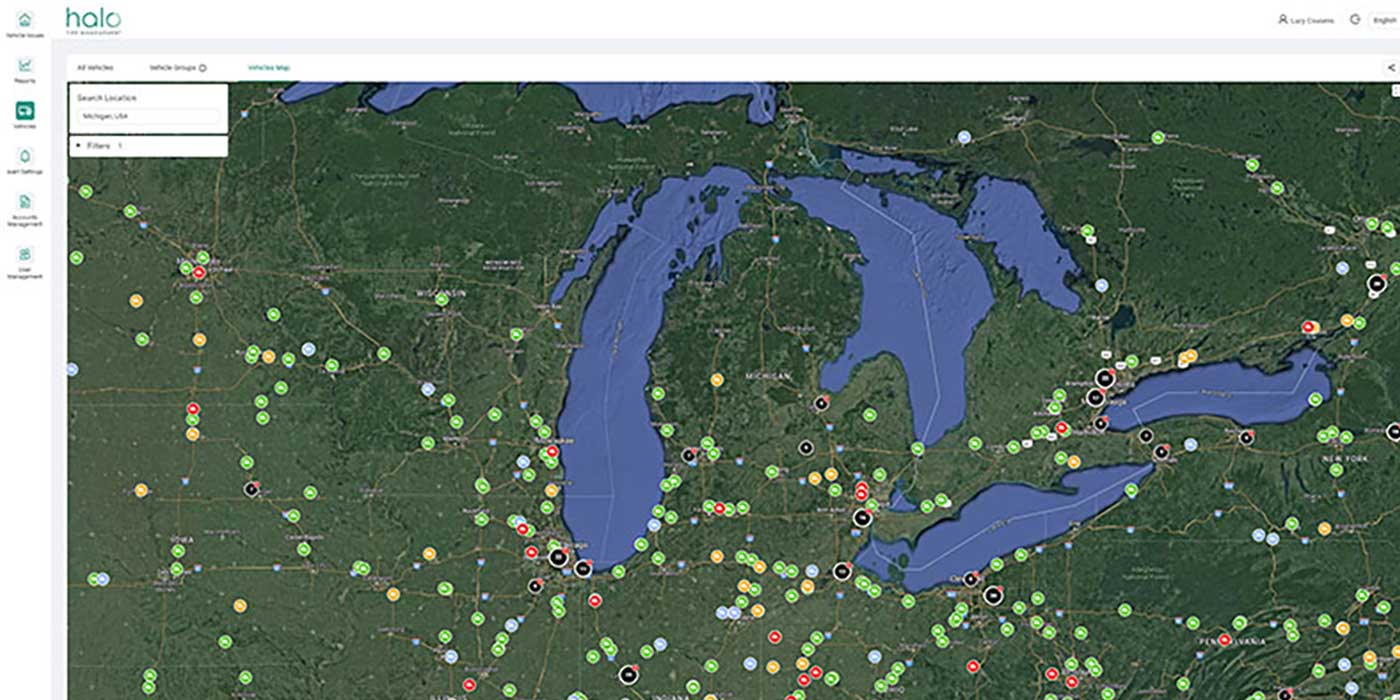Cargo security and safety have always been a concern for fleets. We all know that a damaged or lost load negatively impacts the bottom line. Ever since the enactment of the Federal Motor Carrier Safety Administration’s (FMCSA) Compliance, Safety, Accountability (CSA) program guidelines, securing loads to avoid CSA fines for improperly secured cargo are also a serious consideration.
Improperly secured cargo is No. 4 on the “hit list” for CSA out-of-service violations. (Brakes, lights, and tires are No. 1, No. 2 and No. 3, respectively). Compliance with federal cargo securement regulations is required on all types of commercial motor vehicles, and violations can have serious consequences under the program. To avoid these costly fines and money lost in damaged goods, fleets need to make sure loads are properly and safely secured from shifting, tipping, sliding, spilling and falling—taking into consideration extreme events that might occur such as vehicle panic stops, avoidance swerving, etc.
The trailer van interiors are not usually visible when the trailer is on the road, but out of sight should not mean out of mind—or out of compliance. There can be a lot of movement inside vans and securing rolling carts, which have wheels and are subjected to continual inertia from stopping and acceleration, present one of the more challenging aspects of securing a load. There are several methods to securing rolling carts (depending on the weight)—cart locks, logistic straps and decking beams can be used. Other securing challenges include centering loaded commodities, transporting heavy machinery and moving cargo such as logs and dressed lumber, to name a few.
According to the CSA guidelines, a carrier should not permit a driver to operate a vehicle when the cargo is not contained, immobilized or secured in accordance with the standard.
Kinedyne LLC, makers of webbing, logistic track, Kaptive Beam, ratchet straps and winches, notes that drivers are more likely to be reprimanded on the condition of their cargo control products than on a specific way they tie them down. Also, during inspection, drivers need to keep in mind that if a cargo product is worn, cracked or cut, then it is considered out-of-service. Examples could include: Failing to secure hydraulic arms and implements even though the equipment platform vehicle is correctly secured; failing to correctly secure articulating vehicles; or failing to remove dirt and rocks from the equipment and trailer (the dirt and rocks are considered “unsecured cargo”). In addition, the rules say drivers are required to inspect both cargo and cargo securement before driving the vehicle.
The best way to avoid cargo securement CSA citations is to educate and train fleet personnel. Kinedyne offers a free Cargo Securement Regulation Training Program, which the company says is designed to reduce violations, minimize liability and promote highway safety while eliminating inaccuracy and ambiguity in the area of cargo securement protocols—and is an all-inclusive instructional presentation that provides attendees with an in-depth understanding of FMCSA regulations and how these impact CSA conformity.
“Kinedyne has trained more than 1,000 industry professionals since the program’s inception and offers the training course as a public safety contribution to the industry at no charge to participating trailer OEMs, dealerships, fleet and owner-operators,” says Paul Wolford, Kinedyne’s vice president of sales and marketing. For more information, visit Kinedyne’s website.














